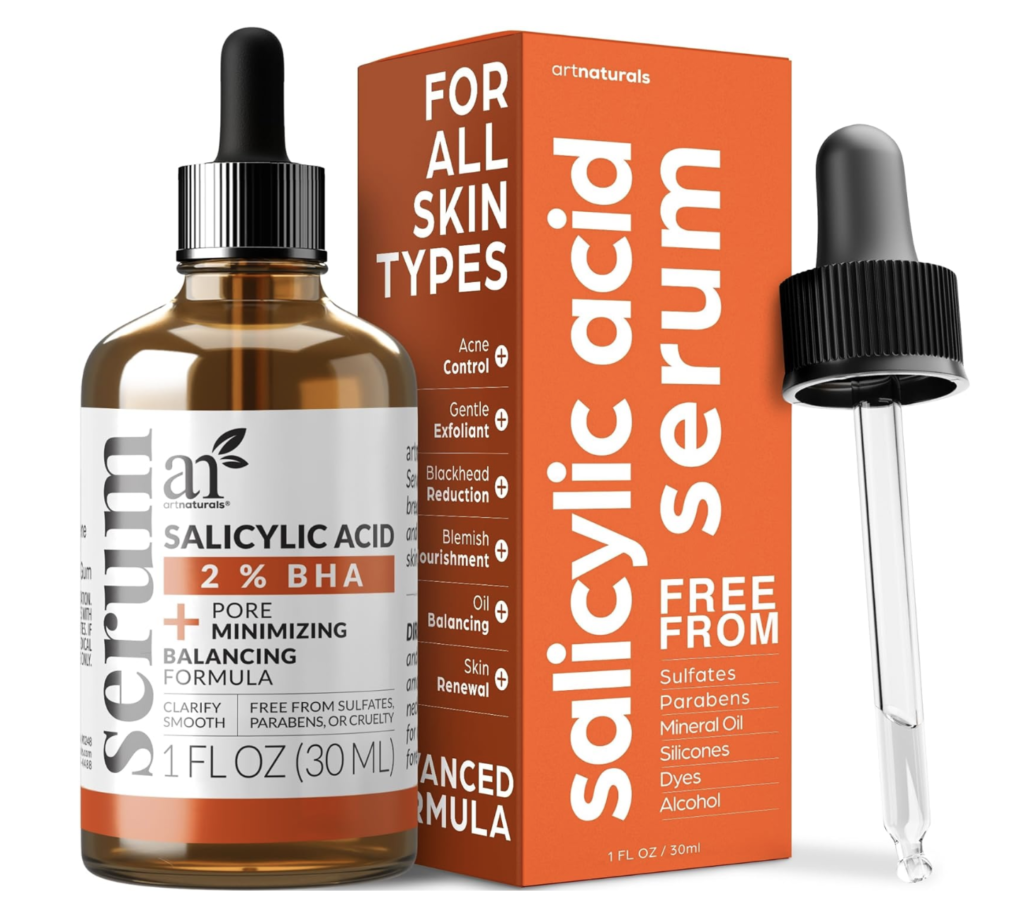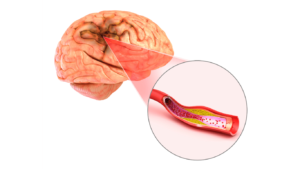Hormonal acne, a persistent issue that many believed would vanish with adolescence, often extends into adulthood, impacting both physical appearance and self-esteem. In this comprehensive guide, we look into the intricacies of hormonal acne, exploring its causes, symptoms, and effective management strategies. Our goal is to provide you with invaluable insights that surpass existing content, ensuring you have the knowledge needed to navigate hormonal acne at any age.
Unveiling the Complexity of Hormonal Acne
Hormonal acne, triggered by fluctuations in hormone levels, commonly emerges during puberty but can persist well into adulthood. Our skin, particularly around the cheeks and jawline, becomes susceptible to breakouts, including blackheads, whiteheads, cysts, and increased oil production. Understanding the role of androgens in enlarging oil glands is crucial, as heightened sensitivity to these hormones can exacerbate the condition.
Factors Contributing to Hormonal Acne in Adulthood
While hormonal changes during premenstruation remain a significant factor, a 2020 study highlights various triggers for hormonal acne in women, including poor diet, sleep deprivation, makeup use, and stress. Lifestyle choices, such as using multiple skincare products, can further aggravate the condition, making it essential to address these contributing factors for effective management.
The Unpredictability of Hormonal Acne Across Ages
Contrary to common belief, there's no predefined age at which hormonal acne necessarily stops. Women may continue to experience it well into later life, presenting a unique challenge. Recognizing the unpredictability of this condition, our guide focuses on practical steps to manage hormonal skin effectively.
Expert-Backed Strategies for Managing Hormonal Acne
Simplify Your Skincare Routine
In a world inundated with complex skincare routines, our expert, Natalia Spierings, advises simplicity. Overuse of products, as seen on social media, can irritate the skin, exacerbating acne. Emphasizing a basic routine involving a cleanser, moisturizer, and sunscreen, we guide you towards a minimalist approach for optimal results.
Gradual Introduction of Acne Treatments
While numerous acne treatments flood the market, a cautious approach is crucial. Spierings recommends starting with a simple solution like salicylic acid 2 percent. Our guide discourages the simultaneous use of multiple treatments, urging users to introduce one product at a time for effective assessment.
Consult a Dermatologist for Personalized Solutions
Recognizing that skin issues can be overwhelming, our guide encourages seeking professional help. Dermatologists offer personalized treatment plans tailored to individual needs, ensuring effective and targeted solutions for managing hormonal acne.
Consider Hormonal Birth Control

For cases resistant to other treatments, hormonal birth control emerges as a potential solution. Spierings suggests the contraceptive pill, emphasizing the importance of consulting healthcare professionals. Our guide provides insights into the potential benefits and considerations, empowering readers to make informed decisions.
Embracing and Managing Hormonal Skin
Acceptance and self-love play a pivotal role in managing hormonal skin. Anupa Roper, a body image educator, advises against unrealistic expectations fueled by filtered social media images. Instead, our guide encourages individuals to focus on aspects of their appearance they appreciate, fostering self-acceptance and positive self-image.
Conclusion: Navigating Hormonal Acne with Confidence
In conclusion, hormonal acne is a nuanced and persistent issue that transcends age boundaries. Our guide goes beyond conventional wisdom, offering a wealth of information to empower readers in managing hormonal acne effectively. Whether through simplified skincare routines, gradual introduction of treatments, or seeking professional guidance, our guide equips you with the tools needed to embrace and manage hormonal skin at any age.Recommended Diagram:










